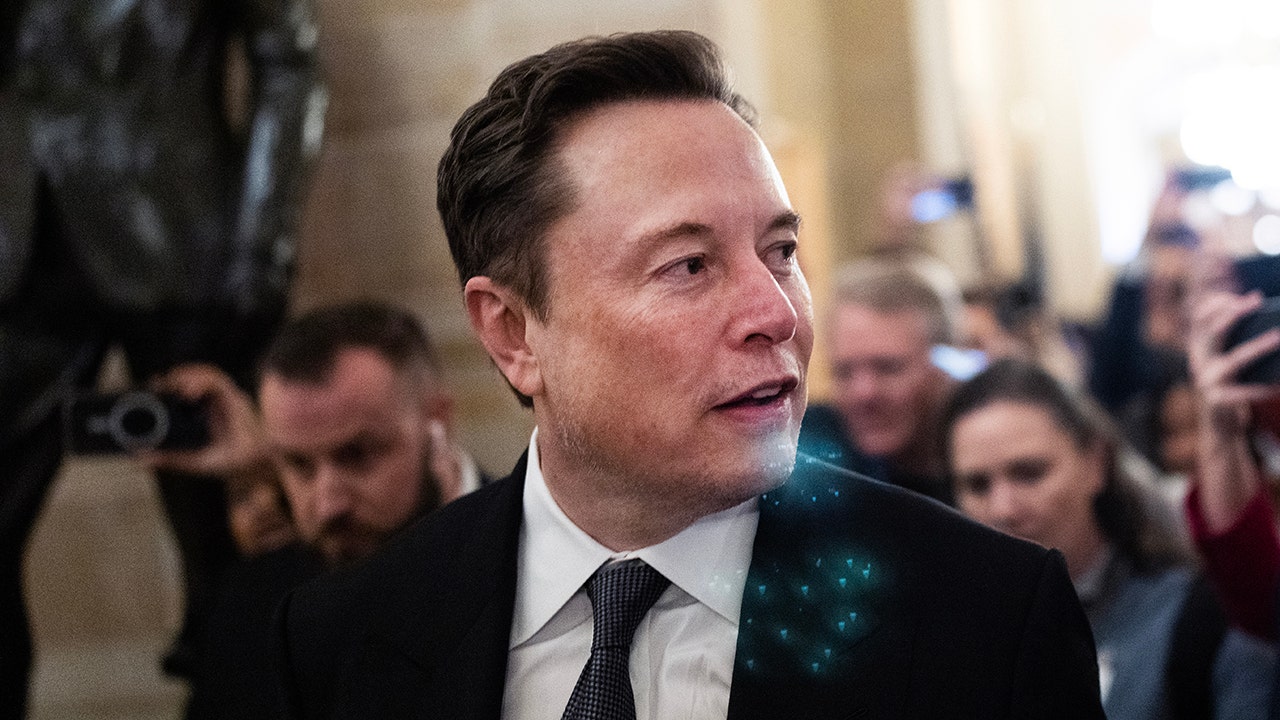The House Speaker election is expected to be narrow and contentious. The 20th Amendment stipulates that a new session of Congress begins on Jan. 3.
With each session of Congress passing its own rules, House business is stymied until a Speaker is elected.
With former Rep. Matt Gaetz, R-Fla., indicating he will not return to his seat despite being reelected in his Pensacola district, that leaves the Republican caucus only able to weather a one-vote defection.
Gaetz called President-elect Trump’s endorsement of current House Speaker Mike Johnson, R-La., to retain his role “’Art of the Deal’-level practicality” in a post on social media.
“We could never have held up [Kevin] McCarthy two years ago for concessions if a Trump certification hung in the balance. Now, it does,” said Gaetz, whom McCarthy blames for his turbulent ouster in 2023.
So far, Rep. Thomas Massie, a fiscally conservative member from Ashland, Ky., has indicated he will not support Johnson’s bid to remain House speaker, comparing him unfavorably to ex-Speaker Paul Ryan, R-Wis.
Massie was also a no-vote on Ryan’s speakership, and wrote that the Wisconsinite “went on to offer a fake repeal of ObamaCare, increased spending, backed the deep state, and didn’t fund a [border] wall” – and that Johnson’s bids to “send money to Ukraine, authorize spying on Americans and blow the budget” are comparable.
If other Republicans join Massie in either voting “present” or for a candidate other than Johnson, the House may be at a standstill for some time and unable to conduct other business including their own swearing-in.
One other speaker candidate is Democratic leader Hakeem Jeffries of Brooklyn, N.Y.
Read the full article here












